
How Much Exercise Does My Dog Need?
Exercise is an important part of your dog’s wellbeing. But do you know exactly how much exercise your dog really needs?

Exercise is an important part of your dog’s wellbeing. But do you know exactly how much exercise your dog really needs?

While most cats and dogs are quite efficient at cooling themselves down, when the summer weather warms up, they can become vulnerable to overheating.
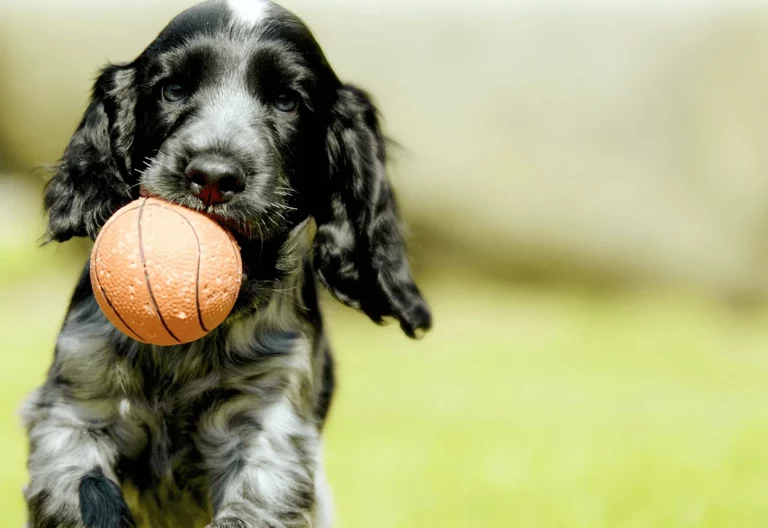
Parvovirus is a highly contagious and potentially deadly disease primarily affecting dogs, particularly puppies and young adults.
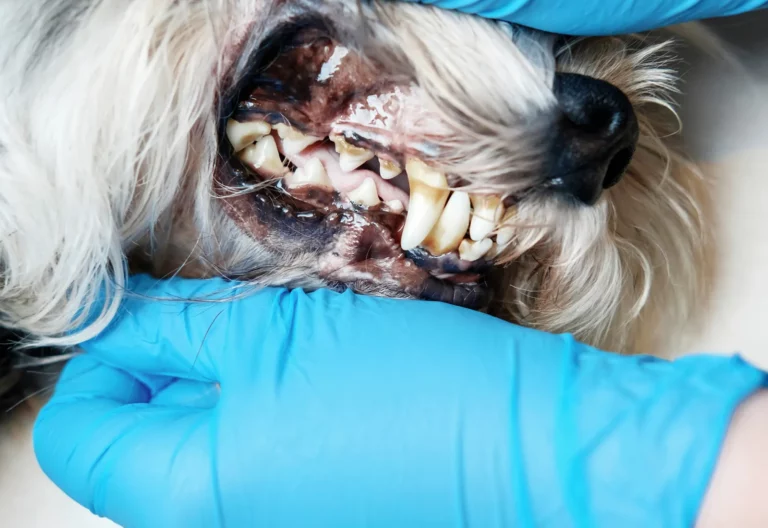
Gum disease – also known as periodontal disease – is the most common dental issue we see in pets. Find out the signs to look out for and how to prevent it from occurring.

Many people don’t realise that they have an overweight pet until it is pointed out by their vet. Find out what you can do about it.
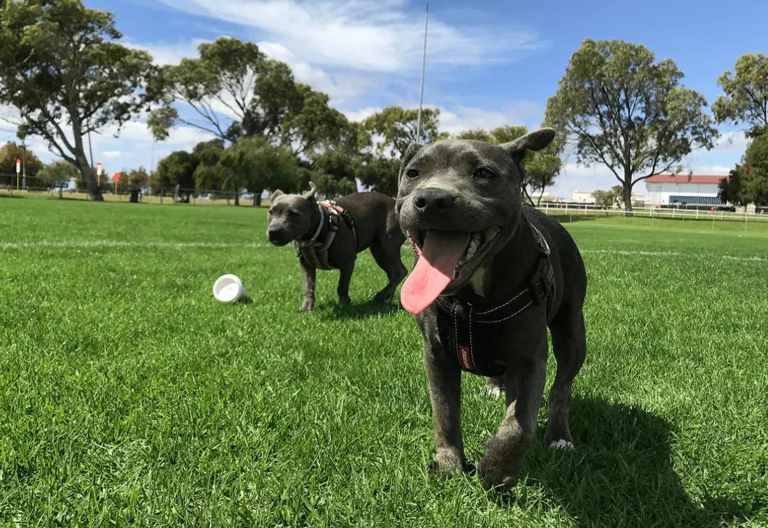
In this blog we’ll discuss the different types of intestinal worms in dogs, how dogs get worms, common symptoms and treatment options.

Dental care is fundamental to keeping your cat or dog healthy, but its importance is often overlooked. And with approximately 80% of dogs and cats over the age of 3 suffering from some level of dental disease, odds are that your pet will end up with dental issues at some stage of their life. What is dental disease? A common misconception is that dental disease will not only affect your pet’s teeth. Dental disease – also known as periodontal disease – is caused by a build-up of bacteria in your pet’s mouth. Without preventative care or treatment by your vet, plaque and tartar can build up, and end up spreading to the gums and tissue surrounding the teeth. This can lead to serious illness which can have a significant impact on your pet’s life and even become life-threatening. Signs of

Flat-faced dogs – known as brachycephalic dogs – are a popular choice as a pet in the Bayside area, thanks to their sweet and loyal nature and oh-so innocent faces. But with their short noses and smaller airways, they are unfortunately prone to breathing issues, especially in warmer weather. If you have a brachycephalic dog – such as a boxer, bulldog, pug or shih tzu – it’s really important that you take extra care of them in the heat of summer. Why can a brachycephalic dog struggle in the summer heat? With their short muzzles, brachycephalic dogs aren’t very efficient at panting. This means that in hotter weather, they can overheat quite quickly. When it’s hot, dogs with a longer nose and more conventional face use panting to good effect, cooling themselves down quite efficiently. The shorter nose and smaller
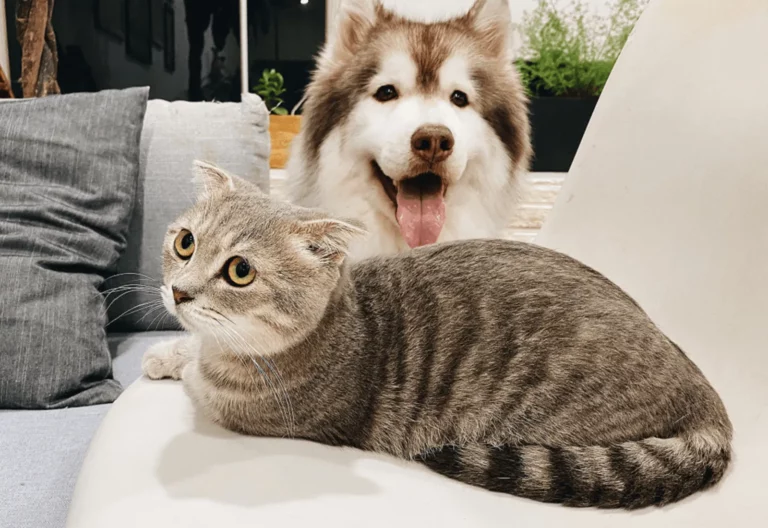
Vaccinations are an important part of protecting your pets against a range of life-threatening illnesses. By vaccinating your cat, dog or rabbit, you’re giving them the best chance of living a long and healthy life. There’s a lot of information (and misinformation!) when it comes to vaccinations for pets, so we thought we would compile a list of FAQs – and the answers of course! Why do pets actually need vaccinations? Many diseases that can affect dog, cats and rabbits are incredibly infectious. While puppies and kittens receive immunity to a range of diseases through their mother’s milk, once they reach about 4-6 weeks of age, they can start to become vulnerable to infection. Vaccines help to stimulate your pet’s immune system and prevent future infections from diseases. Without vaccination, your pet is significantly at risk of developing illnesses that
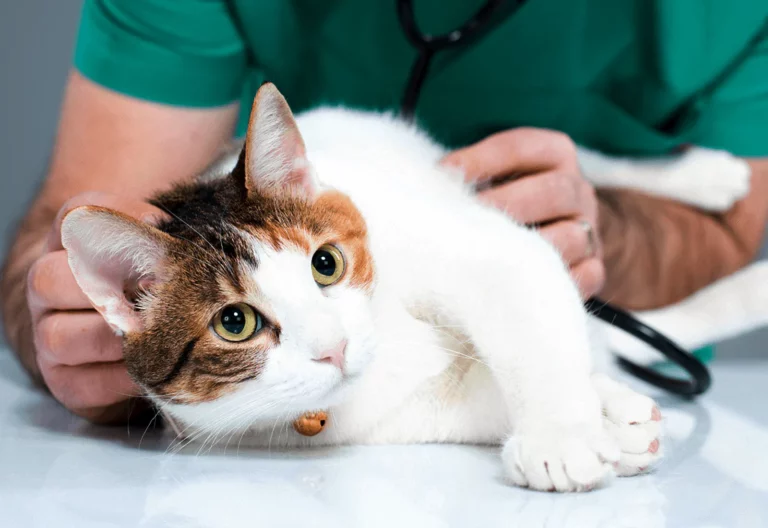
Even if your pet seems perfectly healthy, it is still important to book in that annual health check with your vet. Dogs and cats are living longer than ever before, so it’s crucial that the beginnings of any health issues are detected before they become serious. What happens during an annual health check for your pet? Regular check-ups are the best way to make sure your pet is in top shape. During the appointment, your vet will undertake a thorough physical examination. They will check your pet’s eyes and ears, take their temperature, and listen to their heart and lungs. They will also feel for any abnormalities in the lymph nodes, legs, and abdomen, as well as having a good look at their coat and skin to check for any signs of irritation or lumps and bumps. A dental check
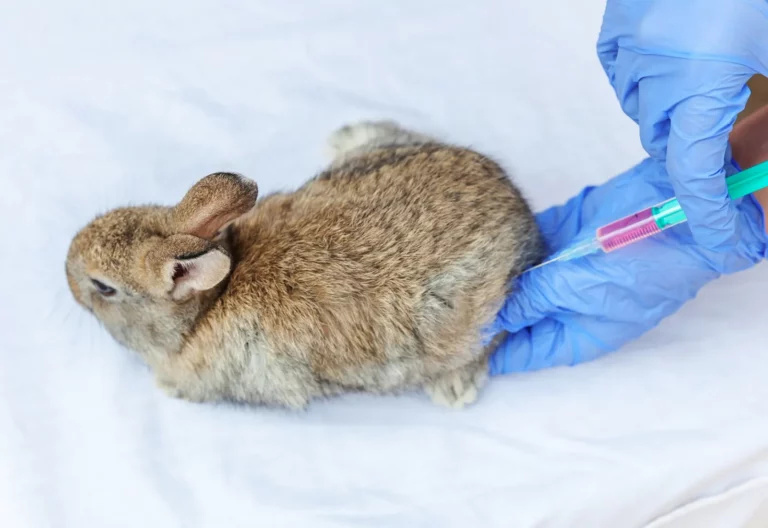
Vaccinations for pets are important to ensure they live a fulfilling life without preventable disease or illness. We can vaccinate rabbits to protect against Calicivirus. Myxomatosis vaccination is unavailable for use in Australia, therefore we recommend insect control, mosquito netting the rabbit’s cage and keeping them inside to avoid mosquitos. CalicivirusOutbreaks of this disease are often seen in summer due to the higher volume of mosquitos. Rabbit Calicivirus Disease (also known as Rabbit Haemorrhagic Disease Virus) is a life-threatening disease which can affect a rabbit within 12-18 hours of infection. It has a high mortality rate and nearly all rabbits die from the disease once infected. When to vaccinateKittensKittens require frequent boosters given their developing immune system. Adult rabbitsYearly adult vaccination boosters coinciding with an annual health check. We will send you yearly reminders to keep the booster shots up
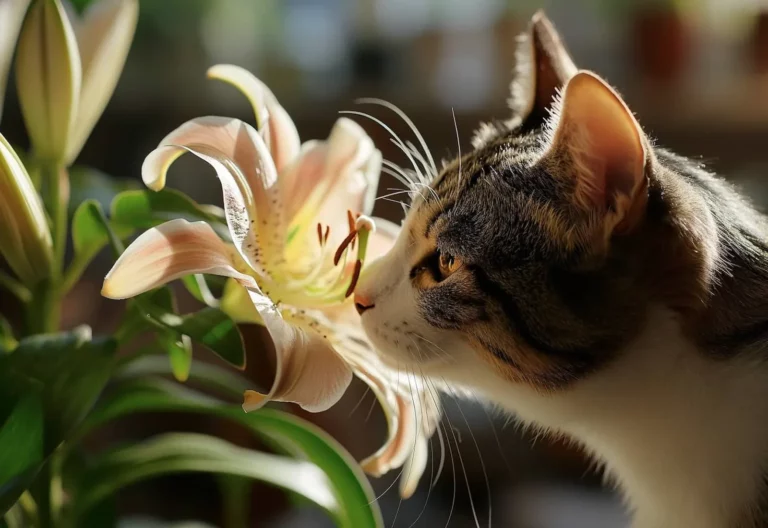
Lilies are a very common flower often seen in gardens and flower arrangements. A very scary fact about lilies that people may not know, is that they are in fact extremely toxic when ingested by cats.Every part of the lily is toxic, from the petals, leaves, stems, stamen, pollen and even to the water in the vase. Even licking the pollen or just mouthing any part of the lily, and not even ingesting any of the plant can have fatal consequences. It is best to consider all lilies in the lilium (true lilies) and hemerocallis (day lilies) species as toxic. Typically, signs of ingestion are:∙ Vomiting∙ Diarrhoea∙ Lethargy∙ Depression∙ Inappetence∙ Dehydration∙ Increased thirst∙ Seizures∙ Death Within 1-3 days of ingestion acute renal failure (ARF / kidney failure) develops, with the cat displaying dehydration, uremic breath (ammonia like) and often oral